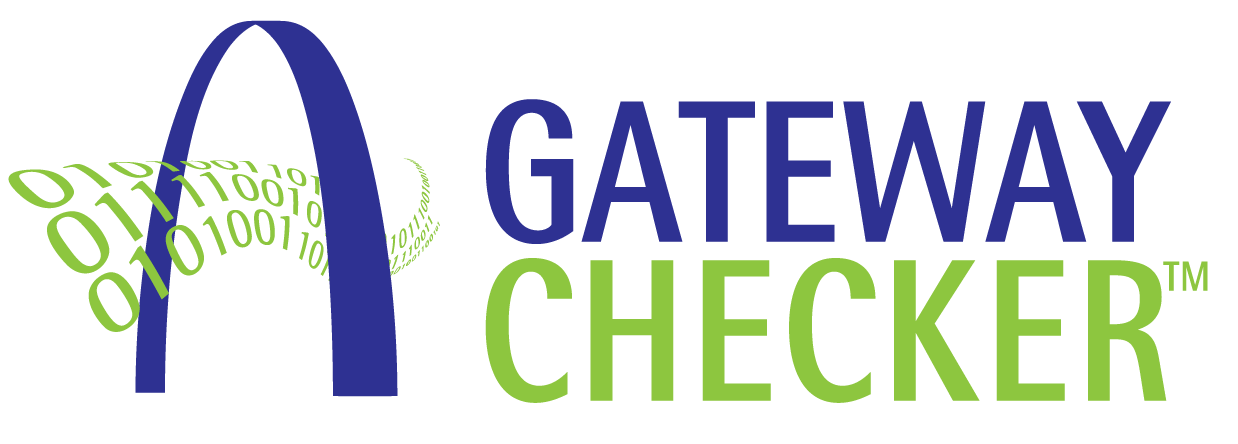The FDA announced on October 9th that they are granting eligible pharmaceutical trading partners exemptions from Enhanced Drug Distribution Security (EDDS) requirements of the FD&C Act. Eligible trading partners include those who have initiated systems and processes and successfully completed data connections with immediate trading partners, or those who have initiated processes (with documentation) to establish data connections, but were unable to fully complete them with all of their immediate trading partners, by November 27th, 2024.
Specifically, eligible trading partners will be exempt from key portions of Section 582 of the FD&C Act. These exemptions and their respective sections of the FD&C include:
- Enhanced drug distribution requirements– section 582(g)(1)
- Verification requirements for wholesale distributors concerning saleable returned product– section 582(c)(4)(D)*
- Verification requirements for dispensers concerning illegitimate or suspect product– sections 582(d)(4)(A)(ii)(II) and (d)(4)(B)(iii)**
*Eligible wholesale distributors are still obligated to meet all other verification requirements of section 582(c)(4) of the FD&C Act, including package-level product verification to investigate suspect/illegitimate product.
**Eligible dispensers are still obligated to meet all other verification requirements of section 582(d)(4) of the FD&C Act, including package-level product verification to investigate suspect/illegitimate product.
The FDA has implemented these exemptions based on pharmaceutical trading partner feedback. Particularly, trading partners have described challenges resolving issues related to missing or erroneous data in electronic DSCSA transactions, without delaying drug movement downstream. This, partners have argued, could contribute to drug shortages and prevent pharmacies and patients from receiving the drugs they need.
These exemptions vary in length based on trading partner type:
- Manufacturers and Repackagers: May 27, 2025
- Wholesale Distributors: August 27, 2025
- Dispensers with 26 or more full-time employees: November 27, 2025
It will be interesting to see how these exceptions are enforced, and how eligible trading partners will be identified:
- What “documentation of evidence to establish data connections” will make a trading partner exempt?
- How will the FDA ask for this “documentation”, and how will they check for progress?
- What will this mean for those who haven’t made efforts to comply?

